Music - A peace of mind
Music have the power to heal everything.
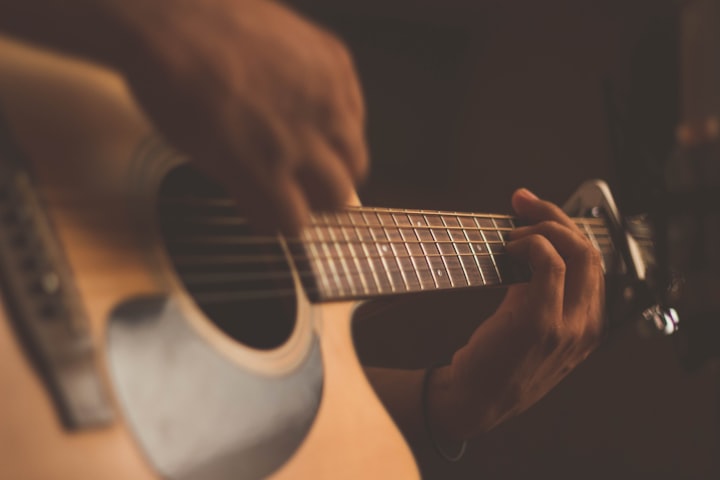
Music has an extraordinary power to stimulate our emotions and stimulate our memories. I guess music's been a stimulant of choice for me because I always feel so much better and energetic and energized when I sing a song or play in a band. And those of you out there who have sung in choirs or play a musical instrument I'm sure can identify with that feeling: you get a kind of rewarding, even addictive, response. It is just amazing. And when you hear music that you like, you want to move, you want to maybe get up and dance, or tap your feet or your fingers. Music also affects us at the biological level. Internally, it can affect blood pressure, heart rate, hormones; externally, it can affect us, give us goose bumps or spine-tingling chills, or can drive us to tears.
Now as far as we know, all groups of people around the world make, appreciate, and respond to music; it is a universal human skill. Thanks to archaeological evidence and genetic studies, we can guess that our ancestors first began to leave Africa and colonize the rest of the planet between about 65,000 and 75,000 years ago, and they all carried with them the power of language and the power of music; in fact, the earliest musical instruments that we know of, such as this bone flute here, are at least 40,000 years old.

Now it is generally agreed that the evolution of the modern mind is closely linked to the evolution of language; language is the means by which we learn and pass on information, ideas, skills, plans within and across generations. But if language was the primary partner of our newly evolved cognitive power, why do we have music? As a colleague of mine, Ian Cross, once wrote, "Music neither ploughs, sows, weaves nor feeds, so why on earth do we have music as a universal?" Now a number of ideas have been put forward to try and explain this universality from our very evolutionary beginnings through to the present day.
Darwin, for example, thought that music and dance were to do with sex, fitness, finding a mate; others believe that music is important when mothers are communicating with their young infants in the first few months of life before babies learn to use language and to talk. When we look at the areas in the brain that are active when we process language or music, there are some areas of overlap, which suggests to many that perhaps language and music evolved from a common precursor - we can call this a musilanguage or a protolanguage.
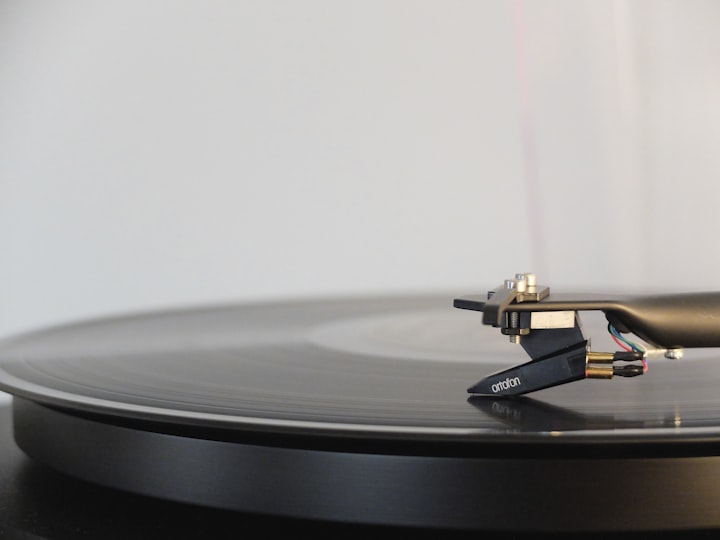
But there are also clear differences, so in most people, language is processed on the left side of the brain - the left hemisphere - whereas music has a more right hemisphere bias. Music also activates pathways within a complex structure called the limbic system. The limbic system is buried beneath the surface of the brain; it's involved in learning and memory and also our emotional responses. Music also activates a reward center buried deep in our brain, a reward center that is also stimulated by other pleasurable activities, like eating chocolate or having sex -not necessarily in that order.
But music does more than just making you feel good, music also activates region sin the front part of the cortex that are also activated when you perform cooperative altruistic acts. These are acts where you put somebody else's welfare in front of your own, sometimes at a risk or cost to yourself; it's sort of "I'll scratch your back if one day, you'll scratch mine." Now, science and technology has given us things like magnetic resonance imaging, MRI, which has given us a huge new way of looking at the way music is processed in our brains.

The music that you like affects the chemical transmitters in your brain or your hormones, even the impact that music can have on your immune system. For example, when you are listening to a piece that you're familiar with, there's often an emotional peak in that music, and you're expecting it, you're anticipating it. A group in Montreal showed that during that anticipation phase, when you're expecting this emotional peak, there is a release of this neurotransmitter called dopamine in a certain part of the brain.
When the emotional peak arrives - you can call it, if you like, the musical climax - there's a sudden burst of dopamine in another part of the brain that is associated with the reward areas. Now interestingly, dopamine is also involved in other pathways, which include process information about motivation, attention, movement, and addiction. When imaging the brain, areas that are active when you perform a social task - one that requires empathy and understanding somebody else's feelings - those areas are the same as those that are activated when you listen to pleasurable music, music that you like. Now what is particularly interesting is that the levels of a hormone called oxytocin in the bloodstream are raised when people are singing together but particularly when singers are improvising together.

Now I find that interesting because oxytocin is a hormone that's well-known to be associated with empathy, trust, and relationship building. Our sensitivity to pain is also decreased when we're involved in group music-making activities, as our levels of the stress hormone cortisol. So music is a social glue that clearly enhances our sense of mental well-being. Now, the more we study the neuroscience of music, the more we understand how and why music and language evolved alongside each other, but it also helps us to understand the continued importance of music in the 21st century.
So we now know, for example, that music can help unlock memories in people with dementia - for example, people with Alzheimer's disease. We also know that music can be used in the treatment of certain developmental disorders, such as autism. We also know that it can be used in rehabilitation therapies to improve mood and motor performance in patients who've suffered a stroke or had a brain injury or in conditions like Parkinson's disease.
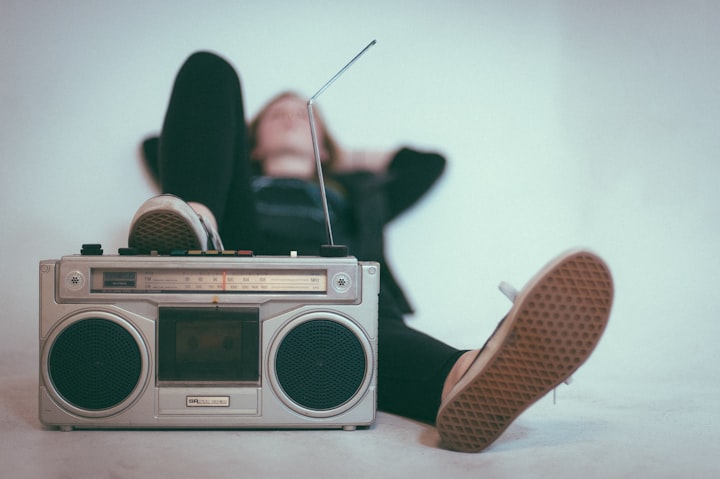
Music is an effective therapy that clearly should be widely used within the medical community. But it is perhaps in the field of education that the power of music is most important. More and more research is showing us that at least some musical education has a positive impact on social and cognitive development of children. And these effects are long-lasting: better hearing, better motor skills, improved memory - which incidentally appears to go on all the way through into old age - better verbal and literacy skills, even, some suggest, better skills at mathematics.
When involved in community or social music-making, there's a very positive impact on the way children interact at the social level, including children that come from very, very different cultural backgrounds. How important is that these days? And yet … and yet, music is disappearing from the curriculum in most parts of the Western world. It seems that music is thought of as an art, it's separate from science, and it's quarantined from the 24/7 economic and work issues that dominate our existence.
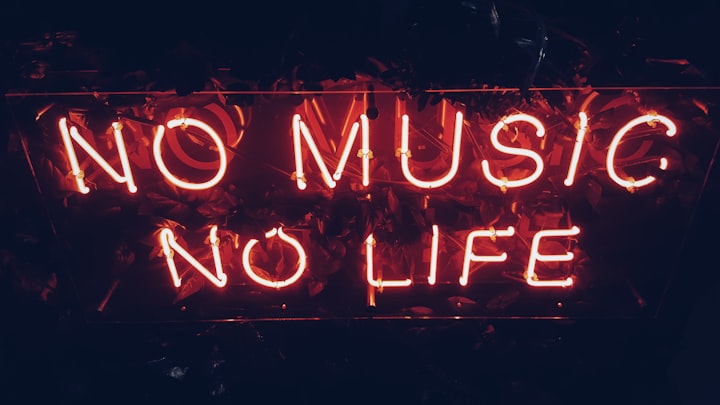
But it wasn't always that way, and it is certainly not that way in indigenous populations that are still with us today. Right up until the Middle Ages, music was a normal part of education. It was taught alongside arithmetic, mathematics, astronomy, geometry. If you had a time machine and you could go back and ask Leonardo da Vinci whether he was a scientist or an artist, he wouldn't have understood that question, because in those days, they weren't thought of as separate entities, they were all part of what we know as natural philosophy.
Now, of course, language is a key element and important part of human evolution and human communication, but it is essentially an "individualizer" because we take turns when we talk - one person talks, another person listens, and hopefully vice versa - if it's a constructive relationship. To balance this out, we have music -what I've called "the harmonizer." Music binds us in a way that language rarely does.

It is a social communication system that for tens of thousands of years has helped us come together and to work together. When we make music - at least for me -the world seems like a far better place; we forget our individual fears, concerns, worries. I am convinced that what we choose to do with this knowledge, with this power of music, can help drive us towards a more cooperative society and a far more connected world.
About the Creator
Sumesh Bhaila
The main purpose of my writing is to motivate you people to do something that can help you achieve your big goals and dreams whatever they may be...
Please like & share it and also support me by leaving a tip.

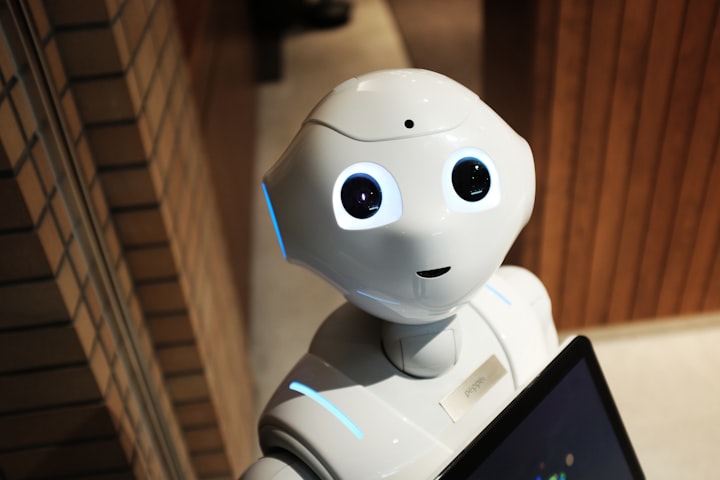

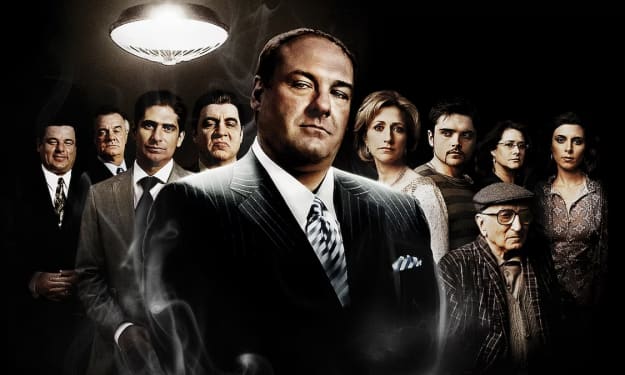

Comments
There are no comments for this story
Be the first to respond and start the conversation.